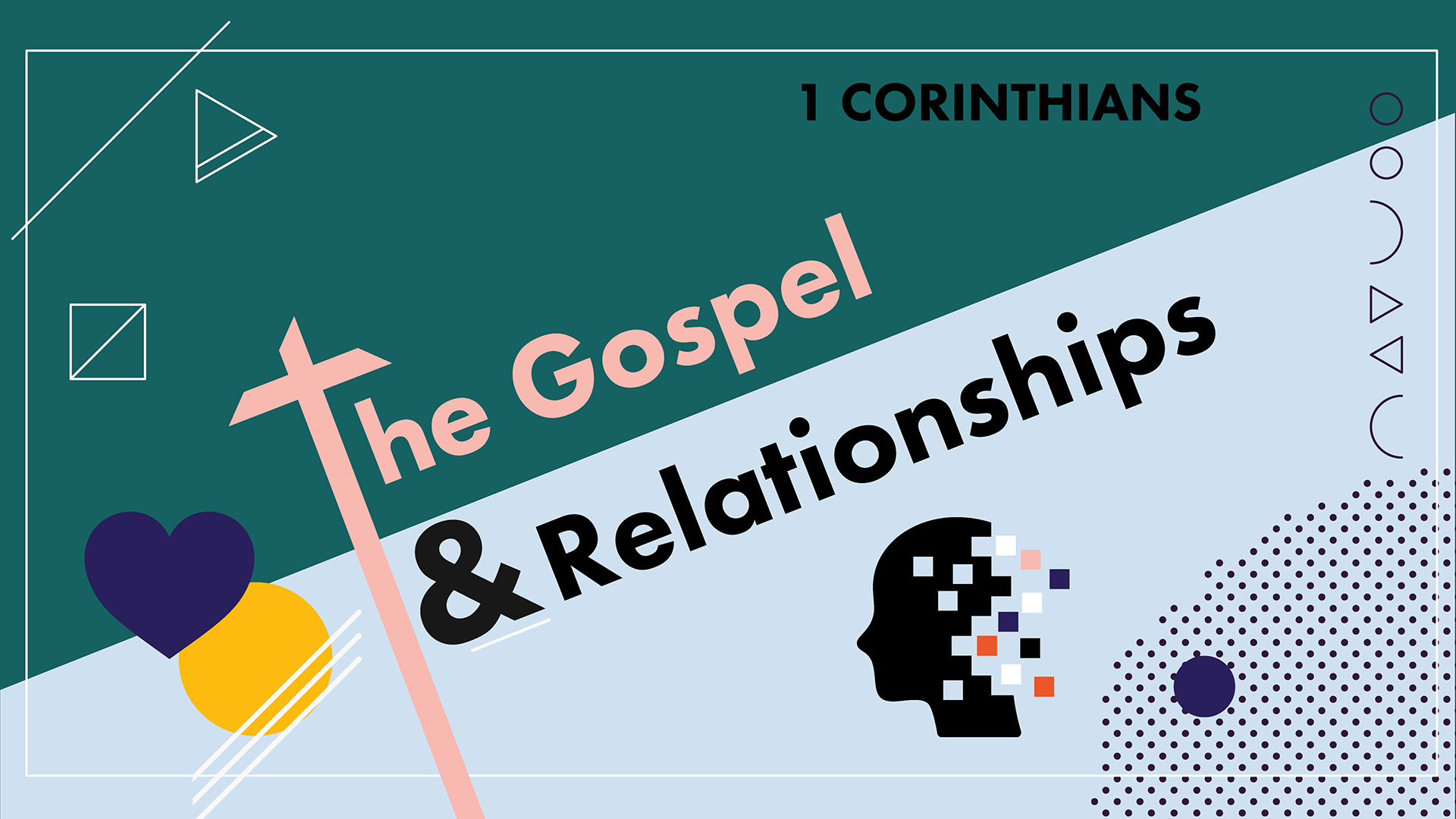On Sunday we began a new series exploring some challenging passages on sex and relationships in the Book of 1 Corinthians. We live in a very different culture than the one surrounding the Corinthian church, but the attitudes and beliefs about human nature and sexuality they were navigating are really not so different from our own.
Human sexuality has become the defining issue of our time. Virtually all our major social institutions —universities, public schools, news media, entertainment, private corporations, and more — have become part of a secular moral revolution that is redefining long-held beliefs about human life and relationships. It’s easy to get caught up in the latest controversy or social trend, but the roots go deeper into one’s core beliefs and worldview.
For Christians this begins with the Gospel. It is the interpretive lens God has given us to make sense of ourselves and the broken world that is our present address. Who are we? What do our bodies mean? What is marriage? What does sex mean? What is gender anyway? To these questions and more we must look to God’s Word — not to the culture — to find the answers.
The gospel without a theology of the body is a truncated, inadequate gospel. A church that does not have a robust gospel theology of the body will be unprepared to meet this generation’s philosophical, psychological, sociological, scientific and media challenges.
Paul David Tripp
The Bible begins with God’s creation of the world. The crowning achievement is His creation of human beings, who are made in His image and receivers of His breath of life.
This runs counter to the dominant secular view of our culture that says we are merely the product of accidental forces. Authenticity to one’s inner feelings — rather than adherence to transcendent truths — is the norm. So according to this worldview our bodies tell us nothing substantial about ourselves, and what we do with them does not matter.
Yet if we were created by God, then our bodies are a central part of who we are. What we do with them — how we steward them — matters greatly.
Do you not know that your bodies are temples of the Holy Spirit, who is in you, whom you have received from God? You are not your own; you were bought at a price. Therefore honor God with your bodies.
1 Corinthians 6:19-20
The Corinthian church also lived within a culture that undervalued the body — one that believed the body was inferior to the soul and therefore of less consequence. This among other ideas led to abuse of the body, including widespread sexual immorality.
But according to God’s Word sex was designed to be experienced between a man and a woman within the covenant of marriage. Outside of that context it is not only sin in God’s eyes but a danger to the individual.
Sex outside of marriage is sin against the body because it is a sin against the whole person, and it is a sin against the whole person because God has designed sex to involve the whole person. We cannot avoid that reality, In the right context, it’s a glorious truth. Sex is a way by which we give ourselves fully to someone else.
Sam Allberry
Because sexual immorality was taking place among the new believers of this young congregation in Corinth, the Apostle Paul addresses the matter head on and his words speak to us in important ways today.
This 4-week series will cover chapters 5-7 of this letter. We’ll look at what the Apostle says about:
- A Holy Community
- A Holy Body
- Sex and Love in Marriage, and
- The Value of Singleness
As we go through this series, I encourage you to take advantage of a new round of “Between 2 Sermons” in January and February. Here’s this week’s episode:
Also, some books you may find helpful on these topics in addition to Bible commentaries are:
- Strange New World: How Thinkers and Activists Redefined Identity and Sparked the Sexual Revolution by Carl R. Trueman
- What God Has To Say About Our Bodies by Sam Allberry
- Love Thy Body: Answering Hard Questions about Life and Sexuality by Nancy R. Pearcey
- The Meaning of Marriage: Facing the Complexities of Commitment with the Wisdom of God by Timothy Keller, and
- The Secret Thoughts of an Unlikely Convert: An English Professor’s Journey Into Christian Faith by Rosaria Champagne Butterfield
Praying for you and our church as we go through study together.





